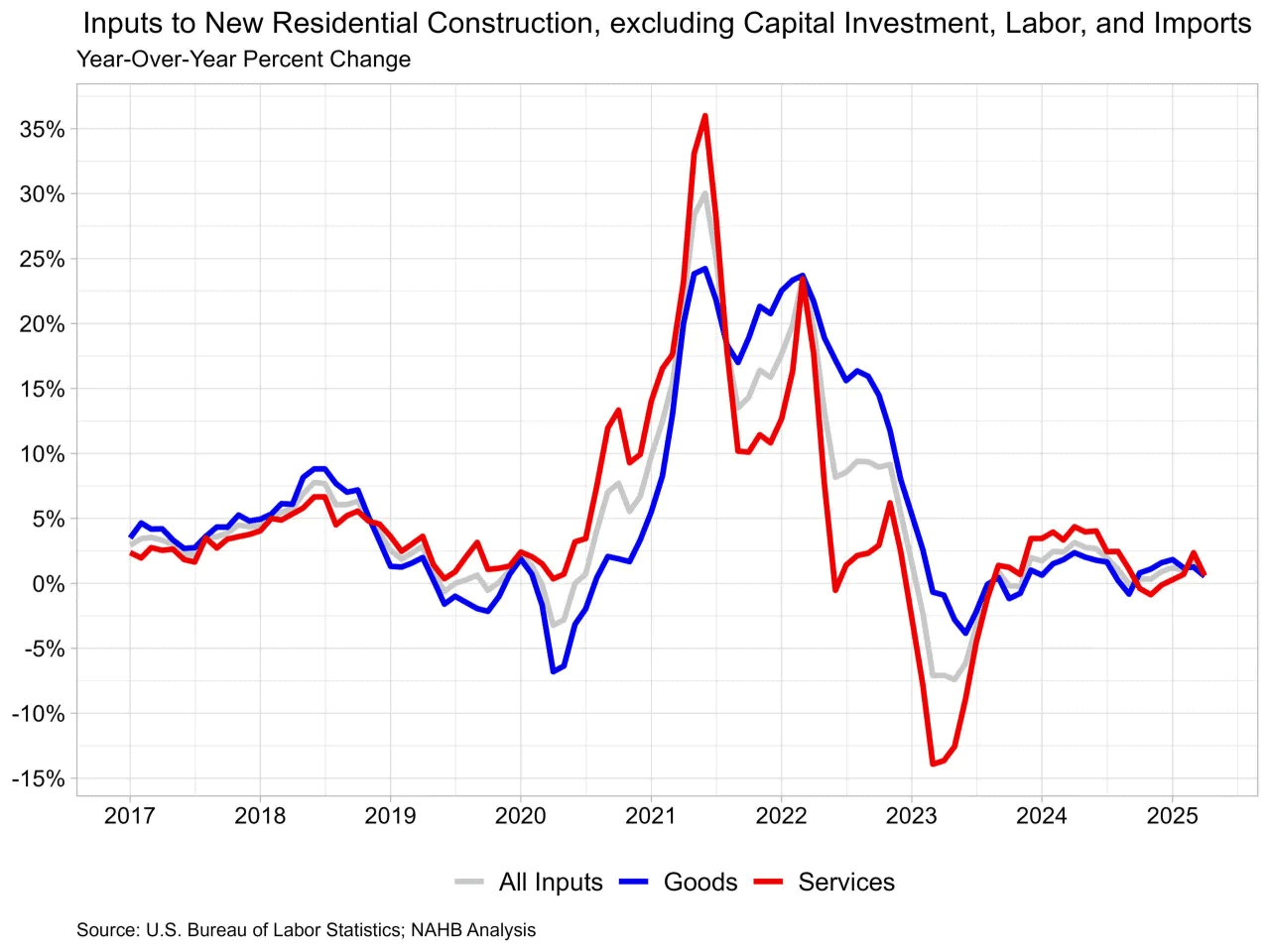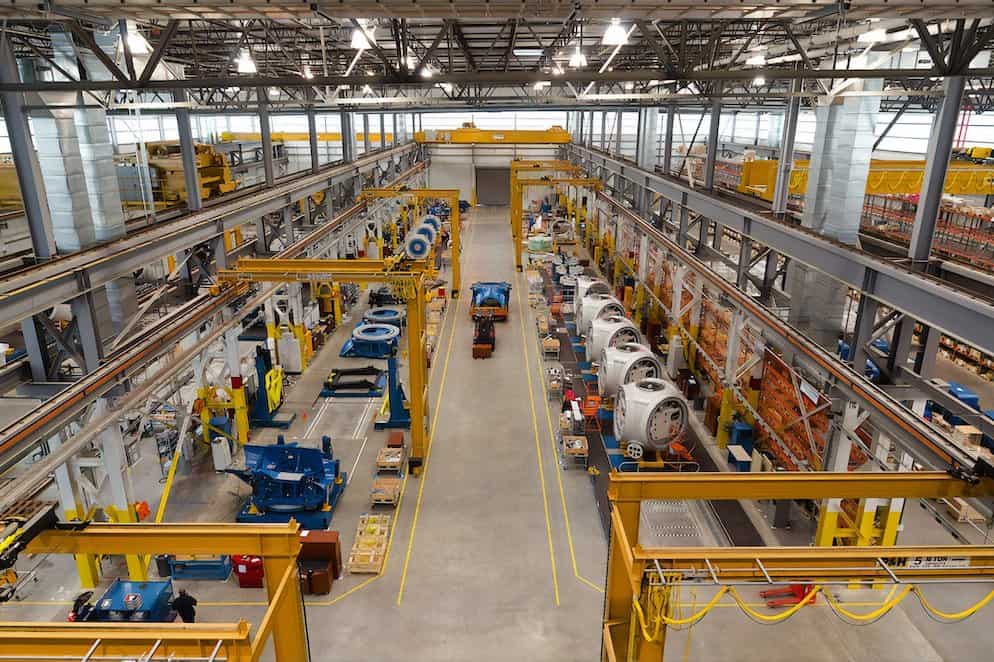
What is the Mar-a-Lago Accord?
To understand the implications of the Mar-a-Lago Accord, it is crucial to first comprehend what it entails. **The Mar-a-Lago Accord** was established as a high-level agreement focusing on trade dynamics between major global powers. Originating from discussions held in Mar-a-Lago, Florida, the accord primarily involves deliberations between the United States and China – two vital cogs in the world’s economic engine.
Key Components of the Accord
The Mar-a-Lago Accord encompasses several elements that aim to address **trade imbalances** and **promote fair trade practices**. Some of the most influential components include:
- Tariff Reductions: By working toward reducing tariffs, the agreement seeks to create a level playing field for imports and exports between the involved nations.
- Supply Chain Realignment: Priority is given to revising supply chains to make them more resilient and less dependent on single geographic zones.
- Reduction in Trade Barriers: The accord advocates for minimizing both tariff and non-tariff barriers that stifle economic exchange.
China’s Economic Landscape
Understanding the possible impact of the Mar-a-Lago Accord on **China’s economy** requires an examination of its existing economic landscape. China has been a pivotal contributor to the global economy due to its rapid industrial growth and sprawling export markets. However, the country’s economic activities are not without their complexities or challenges.
Challenges Facing China’s Economy
While China continues to demonstrate robust economic growth, it also faces several challenges that may be exacerbated or ameliorated by the Mar-a-Lago Accord:
- Trade Imbalances: The disproportion in trade figures tends to lean in favor of China, leading to tensions, especially with Western economies.
- Dependency on Exports: China’s economy is, to a considerable extent, reliant on exports which makes it vulnerable to global trade disruptions.
- Geopolitical Tensions: Amidst escalating geopolitical tensions, China faces the challenge of navigating complex international relations.
Potential Impacts of the Mar-a-Lago Accord on China
Given these pre-existing conditions, the question that arises is how the Mar-a-Lago Accord might reshape China’s economic future.
Positive Implications for China
There are several potential positive outcomes for China’s economy resulting from the accord, including:
- Increase in Export Opportunities: With the potential reduction in trade barriers, China could find new and expanded markets for its goods, boosting exports.
- Enhanced Multilateral Relations: Acting in good faith under the accord, China could improve its diplomatic standing, leading to positive bilateral and multilateral trade relations.
Potential Challenges
Conversely, the accord also brings certain risks that China must strategically navigate:
- Market Adjustments: Adaptations required to comply with the accord may lead to short-term disruptions within China’s domestic industries.
- Pressure on Domestic Reforms: Amid attempts to comply with international trade norms, China might need to accelerate domestic reform policies, a process fraught with its complexities.
Conclusion
The Mar-a-Lago Accord could serve as a catalyst for significant transformations within the intricate web of global trade relations. For China, the accord presents both opportunities and challenges. While there is potential for enhanced trade and diplomatic relations, the nation must also address domestic hurdles and adapt to new market dynamics.
To effectively ride the waves of this new economic arrangement, China’s policymakers and industries would need to exercise strategic foresight, agility, and innovation. As the accord evolves, the global audience will watch closely, understanding that its impacts extend beyond borders, influencing economic matters far and wide.
Understanding and adapting to these changes is critical for not just China, but all countries intertwined in the tapestry of international trade. As the dialogue progresses and actions are taken in the spirit of the Mar-a-Lago Accord, the world may very well see a new chapter in global economic history unfurl.































